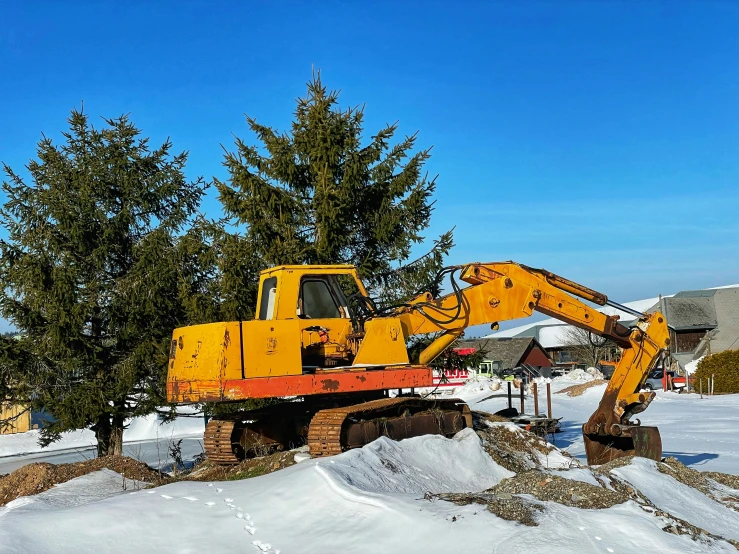1. Introduction
- Importance of Excavators: In my experience with modern construction, mining, and infrastructure projects, I’ve found that excavators are essential machinery responsible for tasks like earthmoving and digging.
- Impact of Fuel Efficiency: With rising fuel costs, I’ve realized that improving fuel efficiency not only reduces my operating expenses but also decreases carbon emissions, aligning with sustainable development goals.
2. Definition of Fuel Efficiency
- What is Fuel Efficiency?: To me, fuel efficiency typically refers to the amount of fuel required for a unit of work, reflecting the economic viability of the equipment.
- Role in Excavator Operations: I believe higher fuel efficiency means lower operational costs and longer working hours, enhancing overall productivity.
3. Key Indicators for Evaluating Fuel Efficiency
3.1 Fuel Consumption
- Measurement Methods: I calculate fuel consumption through fueling records and working hours to ensure data accuracy.
- Common Units: I use liters/hour or liters/ton as standard units for comparison and analysis.
3.2 Working Hours
- Impact Analysis: I’ve noticed that more working hours generally lead to higher fuel consumption; thus, reasonable scheduling is essential for efficiency.
- Importance of Recording: I regularly document working hours to help identify fuel usage patterns and potential issues.
3.3 Work Load
- Load Assessment: Different operational loads directly impact fuel efficiency, and I’ve observed that heavier loads typically increase fuel consumption.
- Monitoring Techniques: I utilize load monitoring equipment to analyze fuel consumption under varying loads.

4. Evaluation Methods
4.1 On-Site Testing
- Testing Process: During actual operations, I monitor fuel usage, recording consumption under different conditions to gather practical data.
- Considerations: I ensure consistent environmental and operational conditions during testing to enhance result reliability.
4.2 Data Recording and Analysis
- Recording Tools: I use fuel gauges and logs to regularly document fuel consumption and working hours, creating a data archive.
- Data Analysis: By comparing data, I identify trends in fuel efficiency and uncover areas for improvement.
4.3 Software and Technological Tools
- Available Software: I’ve explored market-available software for evaluating fuel efficiency, which facilitates easier data recording and analysis.
- Advantages of Technology: I employ GPS and sensor technology for real-time monitoring of excavator fuel usage, improving assessment accuracy and timeliness.
5. Recommendations for Improving Fuel Efficiency
5.1 Maintenance and Upkeep
- Regular Inspections: I stress the importance of routine oil changes, filter replacements, and hydraulic system checks to keep equipment running optimally.
- Maintenance Strategies: I establish a maintenance schedule to regularly assess equipment performance and address potential issues promptly.
5.2 Operational Techniques
- Enhancing Operator Skills: I provide training to operators on smooth operation and proper controls to reduce fuel consumption.
- Work Path Planning: I plan work routes effectively to minimize unnecessary movement and delays, improving efficiency.
5.3 Choosing the Right Equipment
- Equipment Selection Guide: I choose fuel-efficient excavator models based on specific operational needs, considering the application of new technologies.
- Impact of New Technologies: I highlight advancements in new excavators regarding fuel efficiency, such as electric and hybrid systems.

6. Conclusion
- Summarizing the Importance of Evaluation: I emphasize the significance of regularly assessing excavator fuel efficiency to enhance overall operational efficiency and reduce costs.
- Encouraging Action: I suggest that readers implement the aforementioned evaluation methods and improvements to boost their excavators’ fuel efficiency.
7. Call to Action
- Sharing Experiences: I invite readers to share their experiences and tips on fuel efficiency evaluation in the comments section.
- Providing Resources: I offer relevant links and contact information for readers seeking more information and professional support.


